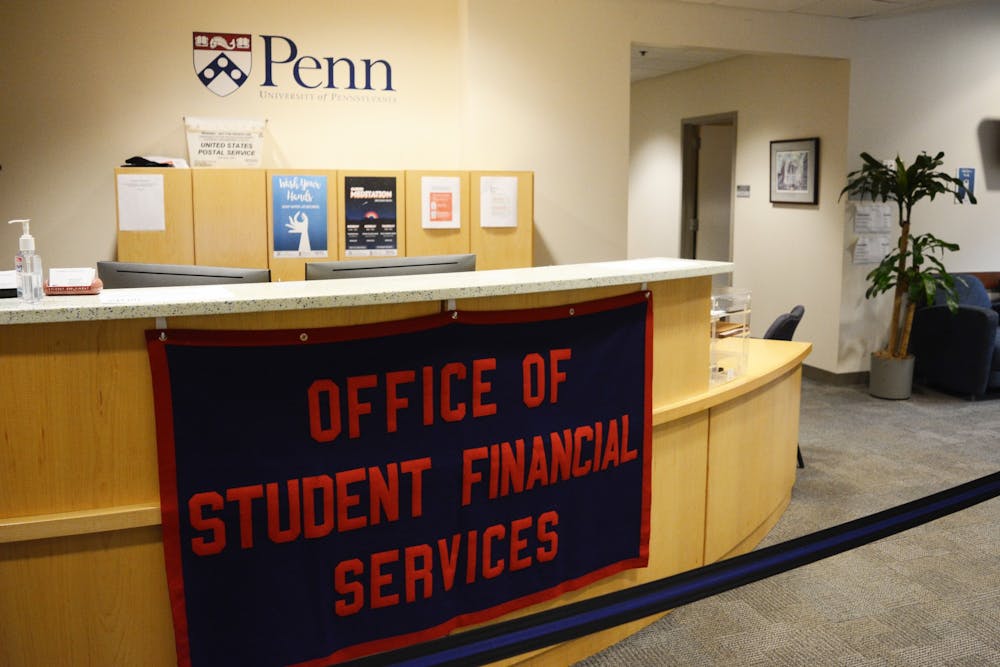
When looking for work-study jobs, my number one criterion was not how well it would pay me, but how well it could hide me. I was worried that people’s perceptions of me would change, and the thought of seeing my friends during work petrified me. I’ll be the first to admit that I was embarrassed. But students should not have to feel embarrassed about their work-study jobs.
In America, a small percentage of college students apply for the Federal Work-Study Program, which is a financial aid program that allows students to get paid for part-time jobs. Originally a part of the Economic Opportunity Act of 1964 but officially taking its own form in 1999, the Federal Work-Study Program has helped students for decades. With regard to eligibility, certain students from both low- and middle-income families are able to apply. Contrary to common belief, the money they receive does not go toward tuition, but rather is “extra money” for the applicant to use as they please.
At Penn, I've realized that very few people talk about working, let alone having work-study jobs. Even when students do discuss it, it's in lowered voices. The fear seems to be based on the idea that to be eligible for a work-study job, a student must be poor, and to be considered poor in America — especially at Penn — is to be considered lesser than others. Being a work-study student was a part of my identity that I planned, but was not able to hide. After applying to a plethora of jobs, I eventually got one working at the reference desk in the library. I saw new and familiar faces every day and I could not hide this part of my identity. Upon talking to other working students, I realized that I was not alone in my shame.
As the days continued, I questioned why we, as working students, were so embarrassed. What was so humiliating about not growing up wealthy? What was so shameful about working? Being a work-study student reveals so much more than one’s financial state; in fact, it uncovers a lot of a positive characteristics. To all working students: Stop feeling embarrassed about working, and instead, embrace it.
First, students gain a significant number of valuable skills from work-study jobs. From more general skills, like improved time management, to more job-specific skills, like learning research techniques, students grow both professionally and personally in work-study jobs.
It is important to recognize that your wealth has no correlation to your worth. In fact, for teens and college students, wealth might be more attributable to luck, since you have no control over where you grow up and how wealthy your parents are. You cannot control what family you were born into; however, you might be taking control of your college experience by working.
If you are reading this and you are a working student, you should feel proud. You took the initiative to work, and that is nothing to be ashamed of nor scoff at.
Being a work-study student is not and should not be considered an embarrassment — it is an accomplishment. Having a job in college shows drive and initiative to take matters into one's own hands. It’s time to start embracing the things that make you you. Let’s stop speaking in lowered voices. There is nothing humiliating about completing work-study.

EMILIA ONUONGA is a College freshman from Middletown, Del. studying Philosophy, Politics, and Economics. Her email address is eonuonga@sas.upenn.edu
The Daily Pennsylvanian is an independent, student-run newspaper. Please consider making a donation to support the coverage that shapes the University. Your generosity ensures a future of strong journalism at Penn.
Donate







